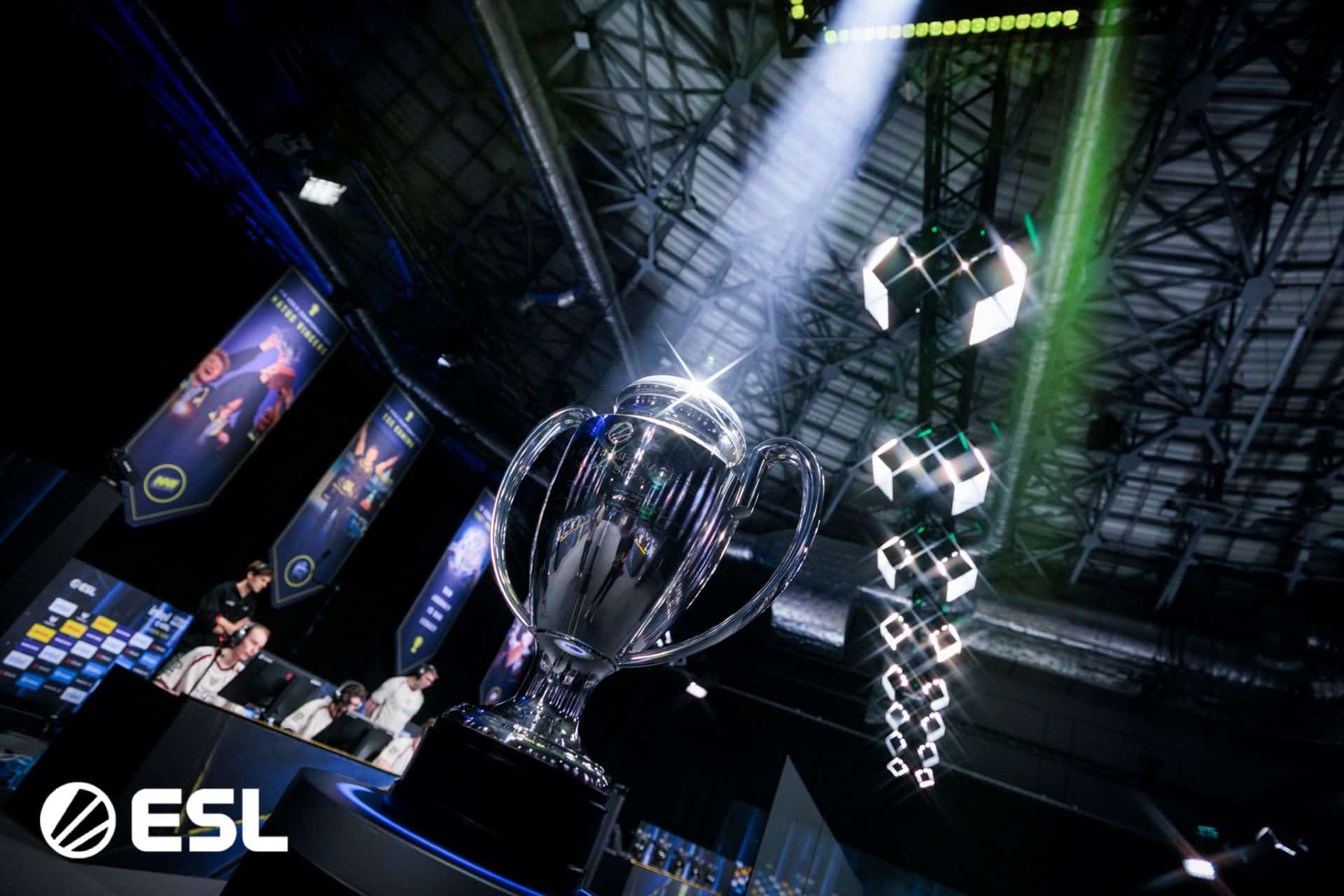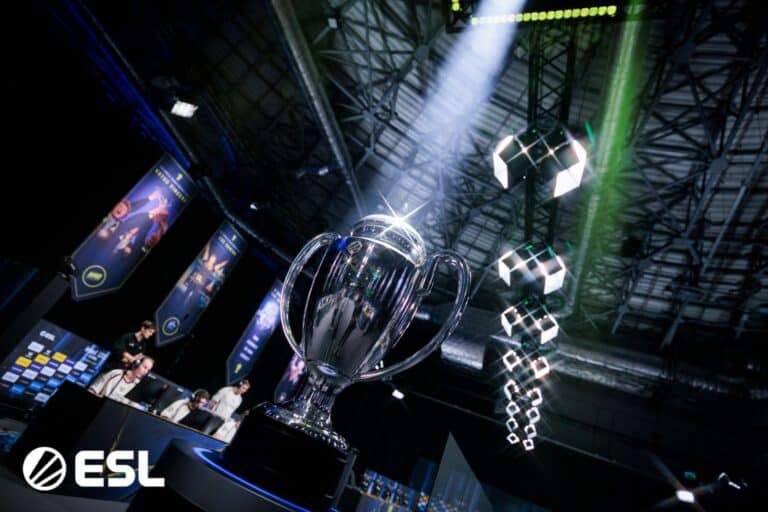OPINION: If the BBC really wants to support UK eSports, it must broadcast it on national TV
Dom Sacco, Senior Editor
Last Updated: 13/10/2015
The League of Legends World Championship quarter finals this week will be broadcast by the BBC online from London. That’s fine and all, but Auntie can be doing much more to promote eSports in the UK.
Update: The BBC has confirmed that viewers will be able to watch the games from their TV using the red button. Result. But we still want to see it broadcast on an actual channel without having to press that little red button! So our opinion piece below still stands.
At the start of the year, the broadcaster produced some in-depth content on the rise of eSports and pro gamers. While its question “is computer gaming really a sport?” was banal and a little condescending to pro gamers and fans of eSports titles like League of Legends, it was a start.
It went big on the topic, running content on Radio One, on its website and on TV, asking experts and industry insiders such as Team Dignitas’ manager Michael O’Dell about the scene and how it’s growing.
Since then, it went a little quiet.
Fast forward a few months, and rumours started to circulate suggesting that the BBC would be broadcasting the League of Legends Worlds quarter finals taking place in London from October 15th to 18th.
Sure enough, the BBC confirmed the rumours last week. But while it will be livestreaming coverage online via BBC Three, it won’t be covering any of the matches on national TV (at least not the whole matches, as I understand it – there may be a very brief segment or two in the news bulletins).
If the BBC really wants to throw a spotlight on eSports, it should grow some balls and put its money where its mouth is, and start covering it seriously on national TV – just like broadcasters do with football.
You could say that the BBC is just dabbling with eSports right now. eSports is like this weird giant that has poked its head above the skyscrapers of Central London, and broadcasters and other big companies can’t help but take notice as it grows and grows.
Other major TV broadcasters like ESPN have also dabbled in eSports, and Turner Broadcasting has even signed a deal to bring CSGO matches to TV in the US next year. This is all happening right now, and the UK is getting left behind.
There’s a lot of money swashing around in global eSports, but there needs to be more, and specifically in the UK. As I’ve written time and time and time again, UK eSports needs the additional money from broadcasters and TV rights to grow.
‘World class UK eSports team will emerge in next two years – ESL UK’
This additional funding will give top emerging talent in the UK to seriously consider a proper career in eSports, rather than juggling their studies with their hobby rather precariously. The funding will make its way down to the teams, the players and other companies which can help the UK takes its first steps to becoming a force in eSports.
Unless this happens, Korean teams will continue to dominate in League of Legends.
If the BBC really wants to throw a spotlight on eSports, it should grow some balls and put its money where its mouth is, and start covering it seriously on national TV – just like broadcasters do with football.
Start small, by all means – go online, air some shows in the early morning, whatever.
But get your move on BBC, we’re waiting for you. And we’re only going to bang the drum harder and harder as time goes on.
Dom Sacco, Senior Editor
Dom is an award-winning writer and finalist of the Esports Journalist of the Year 2023 award. He has almost two decades of experience in journalism, and left Esports News UK in June 2025. As a long-time gamer having first picked up the NES controller in the late '80s, he has written for a range of publications including GamesTM, Nintendo Official Magazine, industry publication MCV and others. He also previously worked as head of content for the British Esports Federation.
Stay Updated with the Latest News
Get the most important stories delivered straight to your Google News feed — timely and reliable





From breaking news and in-depth match analysis to exclusive interviews and behind-the-scenes content, we bring you the stories that shape the esports scene.
Monthly Visitors
User Satisfaction
Years experience











